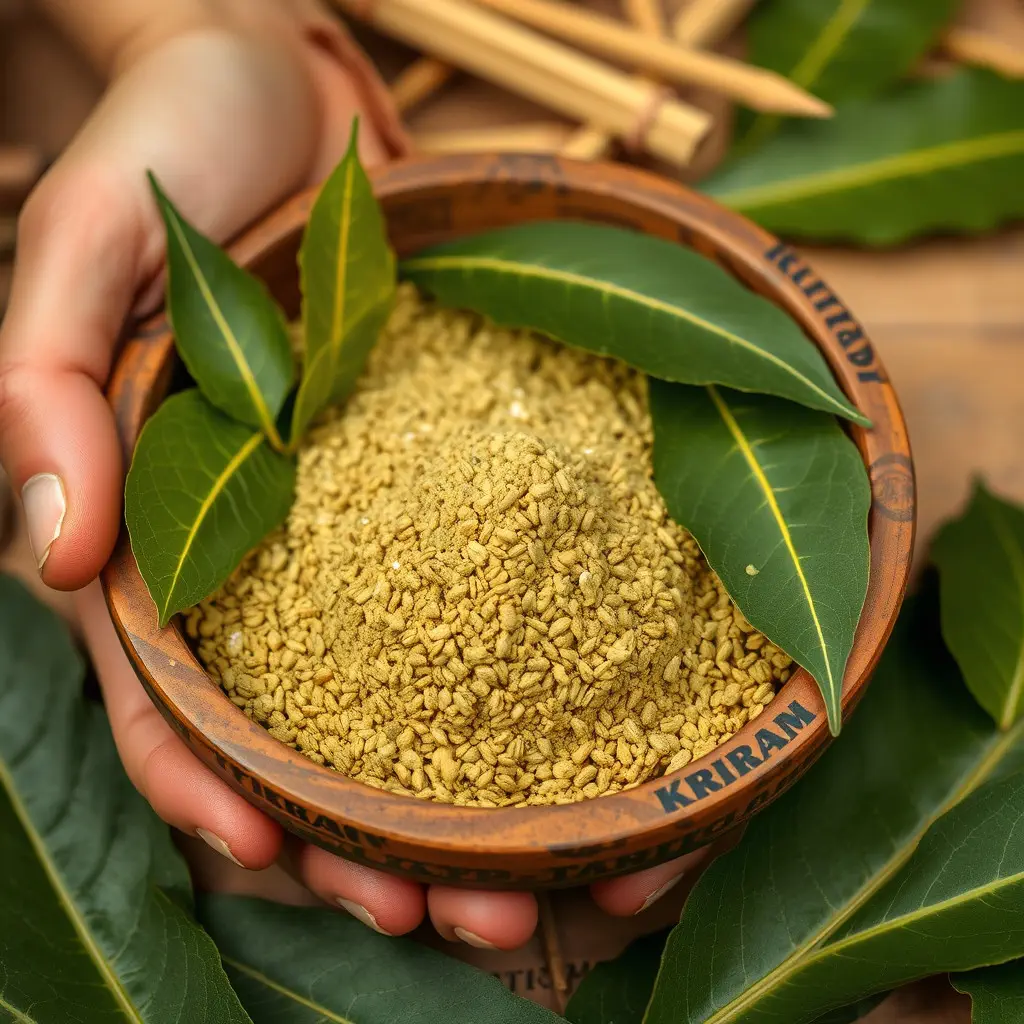Kratom, extracted from Mitragyna speciosa, is a plant that has gained popularity for its potential to enhance endurance and energy levels. Its active alkaloids, mitragynine and 7-hydroxymitragynine, engage with opioid receptors to provide both stimulant and analgesic effects, which may help in combating fatigue and increasing stamina for physical activities. However, its impact on sleep is complex: it can cause insomnia or disrupt sleep patterns at lower doses due to increased alertness, while higher doses might have sedative effects that could promote sleep. The variability in individual responses to kratom means that some may experience sleeplessness when using it close to bedtime, while others might find it aids their sleep. Therefore, individuals should approach kratom use with caution, especially regarding its effect on sleep quality and recovery, which are essential for optimal endurance performance. It is advisable to monitor personal reactions, consume kratom several hours before sleeping, and maintain good sleep hygiene to minimize the risk of insomnia from kratom use. By carefully managing kratom intake in relation to training and sleep schedules, users can optimize their physical performance while ensuring they get adequate rest.
Kratom, a botanical derivative from the Mitragyna speciosa tree, has garnered attention for its potential impact on endurance performance and its controversial link to sleep disturbances. This article delves into the nuanced relationship between kratom use, athletic endurance enhancement, and the prevalent question: Does kratom cause insomnia? We explore the scientific evidence connecting kratom’s active alkaloids with physical prowess, while also examining its effects on sleep patterns. Balancing the benefits of enhanced stamina with the risks associated with potential sleep disruption is key for athletes and fitness enthusiasts considering kratom as part of their regimen.
- Exploring the Impact of Kratom on Endurance and Its Association with Insomnia
- Understanding Kratom's Role in Enhancing Physical Performance and Potential Sleep Disruption
- Balancing Endurance Training and Kratom Use: Mitigating Risks of Insomnia
Exploring the Impact of Kratom on Endurance and Its Association with Insomnia

Kratom, a plant native to Southeast Asia, has garnered attention for its potential impact on endurance and energy levels, which can be particularly appealing for individuals seeking to enhance their physical performance or longevity. The primary active compounds in kratom, mitragynine and 7-hydroxymitragynine, are known to interact with the body’s opioid receptors, leading to stimulant and pain-relieving effects. These effects can contribute to improved endurance by reducing fatigue and increasing feelings of vitality during physical activity. Users often report a boost in stamina and a decrease in perceived exertion when incorporating kratom into their regimen. However, it’s important to note the double-edged nature of its stimulant properties; while it may improve endurance, some individuals have experienced disrupted sleep patterns, raising the question “does kratom cause insomnia?” This is particularly relevant given that quality sleep is crucial for recovery and overall health. Research suggests that kratom can indeed interfere with normal sleep cycles, potentially leading to insomnia or sleep fragmentation, especially at higher doses or when taken closer to bedtime. Individuals considering the use of kratom for endurance enhancement should be mindful of its potential effects on sleep and consult with a healthcare provider to mitigate any negative impacts on their overall well-being.
Understanding Kratom's Role in Enhancing Physical Performance and Potential Sleep Disruption

Kratom, a plant native to Southeast Asia, has gained attention for its potential effects on physical performance and its complex relationship with sleep patterns. Mitragyna speciosa, commonly known as kratom, contains alkaloids that can influence the body’s responses and energy levels. When ingested in lower doses, kratom is often reported to enhance stamina and endurance, aiding individuals in prolonged physical activities. This is attributed to its stimulant-like properties that boost metabolism and increase alertness. Athletes and those seeking to improve their physical capabilities may find kratom helpful in overcoming fatigue and maintaining high levels of energy during workouts or competitions.
However, the impact of kratom on sleep is more nuanced. While some users might experience heightened wakefulness and focus from kratom consumption, which can be advantageous for physical training, others may encounter sleep disruption. The alkaloids present in kratom can affect neurotransmitter systems within the brain, potentially leading to insomnia or disturbed sleep patterns. Does kratom cause insomnia? This question is pertinent as the answer varies among individuals due to differences in sensitivity and dosage. High doses of kratom are more likely to cause sedative effects, which could theoretically promote sleep. Yet, because of its complex interaction with neuroreceptors, particularly those involved in regulating sleep-wake cycles, users may experience difficulty falling asleep or staying asleep. This can be particularly concerning for those who rely on consistent sleep patterns for recovery and performance enhancement. It is crucial for individuals considering kratom as part of their fitness routine to be aware of its potential effects on sleep and to use it responsibly, ideally under the guidance of a healthcare professional.
Balancing Endurance Training and Kratom Use: Mitigating Risks of Insomnia

Integrating endurance training with kratom use requires careful consideration to avoid potential adverse effects, such as those related to sleep patterns. Kratom, a plant-based substance derived from the Mitragyna speciosa tree, is known for its stimulant and sedative properties at varying doses. While some individuals report that kratom can enhance their energy levels and stamina, which may positively impact endurance training, it’s essential to be aware of how it might affect sleep. Reports on whether kratom causes insomnia are inconclusive, with individual experiences varying widely; some users may experience heightened alertness and difficulty falling asleep after consuming kratom, while others might find it aids in restful slumber. To balance endurance training with kratom use without compromising sleep quality, it’s advisable to monitor personal responses to the substance. It’s recommended to consume kratom several hours before bedtime to mitigate the risk of insomnia, ensuring adequate recovery between training sessions. Additionally, adhering to a consistent sleep schedule and maintaining good sleep hygiene can help minimize disruptions from kratom use. By paying close attention to individual reactions and adjusting habits accordingly, athletes and fitness enthusiasts can work towards optimizing both their endurance training and sleep health. Careful management of kratom intake in relation to training and sleep schedules is key to preventing insomnia and maintaining overall well-being.
In conclusion, the evidence suggests that kratom may hold promise for individuals seeking to improve their endurance. Its interaction with opioid receptors can potentially enhance physical performance, which is beneficial for those looking to extend their stamina. However, it’s crucial to approach kratom use with caution due to its association with insomnia—a key consideration when integrating it into an endurance training regimen. Balancing the frequency and dosage of kratom intake can help mitigate this risk. As with any supplement or medication, understanding the potential effects, including those related to sleep, is essential for safe and effective use. It’s important for individuals to consult with healthcare professionals before incorporating kratom into their fitness routines, particularly if they have concerns about sleep disruption or insomnia. With careful consideration and professional guidance, kratom can be a valuable addition to an endurance athlete’s toolkit, provided it is used responsibly and with awareness of its impact on overall health and well-being.






